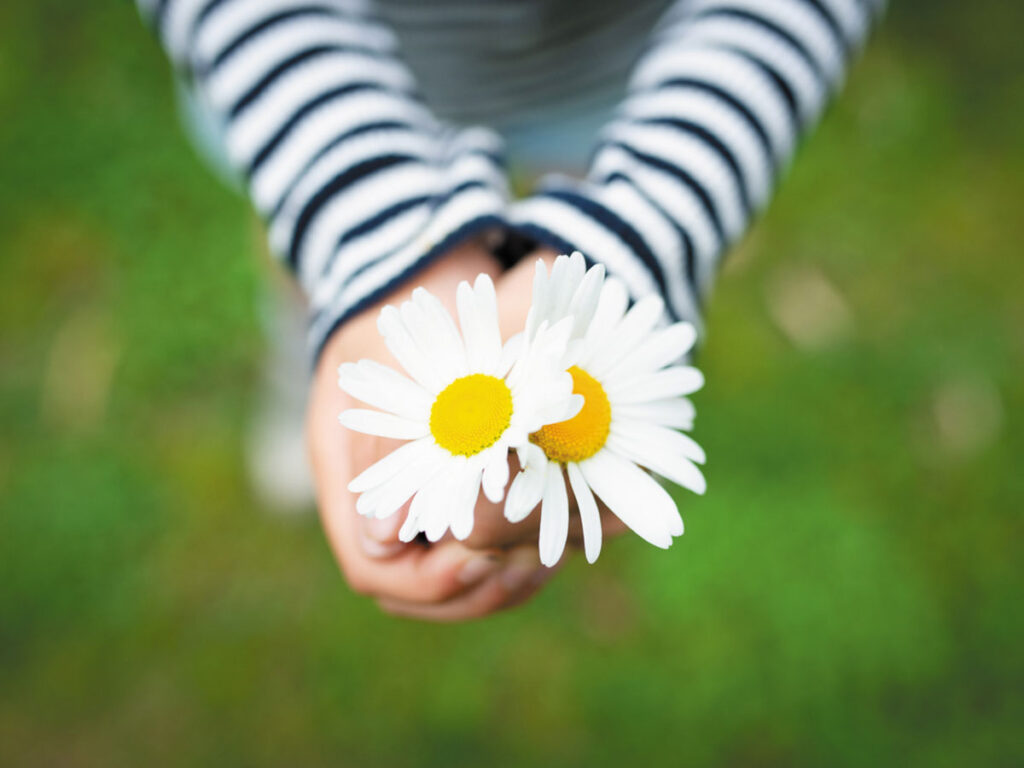When people talk about the “secrets to a long life,” the usual suspects always come up: exercising, getting enough sleep, eating a healthy diet, not smoking. You know the drill. But scientists are discovering another powerful ingredient for health and longevity that doesn’t come from a pill or a treadmill, but from your mindset: gratitude.
Gratitude is more than remembering to say “thank you.” It’s an outlook and a frame of mind — a deliberate practice of noticing the good things in life, from the big (loving relationships, good health) to the small (a stranger complimenting the slogan on your t-shirt, the taste of fresh strawberries). And it turns out, cultivating gratitude may have measurable effects on both our health and our lifespan.
Recent studies show that the effects of practicing gratitude go far deeper than elevating our mood. In 2024, researchers at Harvard and UC San Diego followed nearly 49,000 older women for several years. Those who scored highest on gratitude surveys were significantly less likely to die during the study period — about a 9% lower risk of all-cause mortality, including fewer deaths from heart disease.
Other research points to the same connection. A 2016 study of people who regularly practice gratitude through journaling showed they have lower blood pressure, healthier heart rhythms, and reduced levels of inflammation. Since chronic inflammation is a driver of aging and diseases like cancer and Alzheimer’s, this is no small thing.
Gratitude also shows up in the bedroom — no, not there, but when it comes to sleep. A study published in the Journal of Psychosomatic Research found that grateful people fall asleep faster, sleep longer and wake up feeling more refreshed. Sleep, of course, is one of the body’s most powerful tools for repair and rejuvenation.
And then there’s the social factor. As we discussed in an earlier article, strong social connections are one of the most reliable predictors of a long, healthy life. Gratitude strengthens those bonds by making us more likely to notice and appreciate others, which in turn encourages kindness and reciprocity. A classic study in the journal Emotion suggests that when people expressed gratitude, their relationships grew stronger and more satisfying.
Why does gratitude have such wide-ranging effects? Scientists think it comes down to stress. Chronic stress floods the body with cortisol and adrenaline. Over time this can increase your risk of high blood pressure and heart disease, and can weaken the immune system and speed up biological aging. Gratitude, by shifting attention toward the positive, helps calm the stress response. It lowers cortisol, activates the parasympathetic nervous system (the “rest and digest” mode) and creates a biological environment more conducive to healing and resilience. In other words, gratitude isn’t just a nice idea — it’s biochemistry in action!
It’s a lesson that echoes across centuries. The teachings of Marcus Aurelius remind us: “When you rise in the morning, give thanks for the light, for your strength, for your life. […] Gratitude strengthens the spirit as exercise strengthens the body.” The science of today affirms what wisdom has long suggested: gratitude fortifies not just the soul but the body itself.
Health research is often associated with high-tech breakthroughs like genetic engineering, whole genome sequencing, and personalized medicine. But sometimes the most profound interventions are remarkably simple. Gratitude is one of those. It doesn’t cost a cent, it has no side effects and it can be practiced anywhere, anytime.
As Robert Emmons, a leading gratitude researcher, put it: “Gratitude blocks toxic emotions, such as envy, resentment, regret and depression, which can destroy our happiness.” By shifting our focus, gratitude not only makes life richer — it may also make life longer.
So the next time you have that first sip of coffee in the morning, laugh with a friend, or tune in to a new episode of your favorite show on Netflix, take a moment to notice and savor it. Your body — and perhaps your future self — will thank you.

